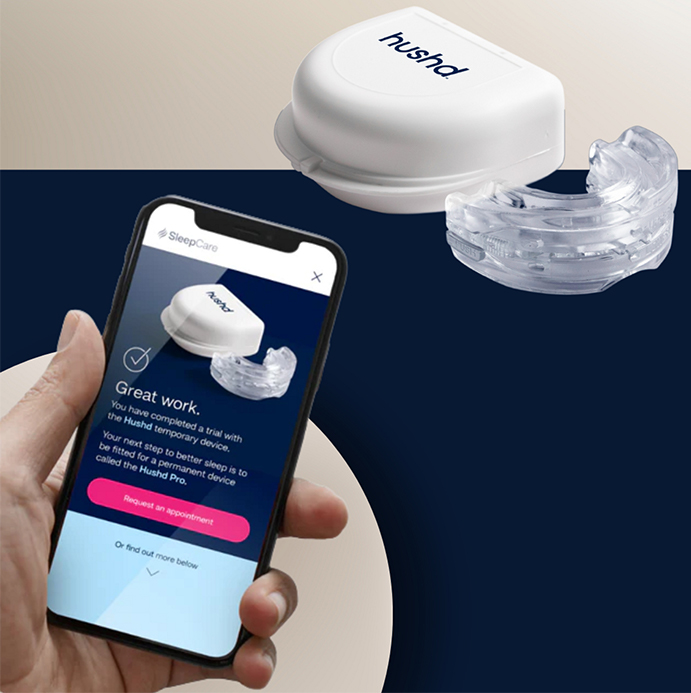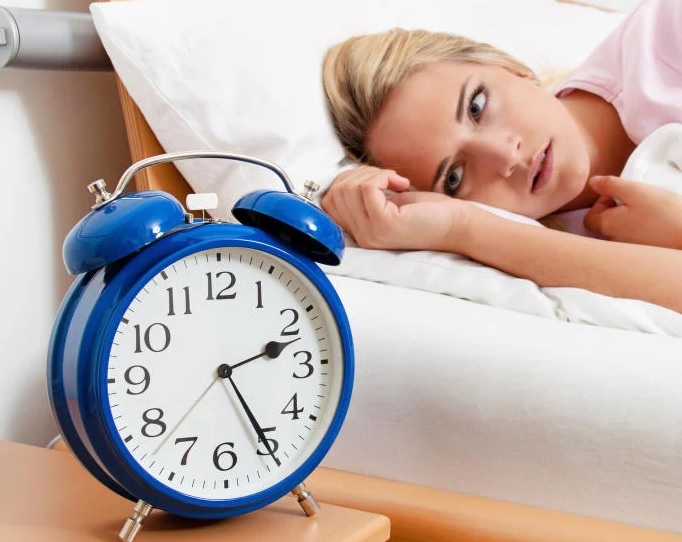
Exploring Alternative CPAP Therapies for Sleep Apnea
For individuals suffering from obstructive sleep apnea (OSA), a Continuous Positive Airway Pressure (CPAP) machine is often the first line of treatment. It works by delivering a steady stream of air to keep the airway open during sleep. While CPAP therapy is highly effective for many, it’s not always well-tolerated. Some users experience discomfort, skin irritation, or difficulties adjusting to wearing the mask at night. As a result, people are increasingly seeking alternative therapies to manage their sleep apnea. In this blog, we’ll explore some alternative CPAP therapies, how they work, and their potential benefits.
1. Oral Appliances (Mandibular Advancement Devices)
One of the most common alternatives to CPAP therapy is the use of oral appliances, also known as Mandibular Advancement Devices (MADs). These devices are custom-made by a dentist or orthodontist to reposition the lower jaw and tongue, helping to keep the airway open during sleep. By advancing the mandible slightly, the appliance reduces the likelihood of airway collapse, which is the primary cause of apnea events.
The latest in take home Mandibular Advance Devices is available here.
Benefits:
- Non-invasive: Unlike CPAP machines, oral appliances do not require any external equipment or a mask.
- Portable and convenient: They are easy to travel with and do not require a power source.
- Comfort: Many users find them more comfortable than wearing a CPAP mask.
Considerations:
- Effectiveness varies: Oral appliances are most effective for mild to moderate sleep apnea and may not be suitable for severe cases.
- Adjustment period: Some people experience discomfort or jaw soreness during the adjustment phase.\
2. Positive Airway Pressure (PAP) Therapy – BiPAP and APAP
For some individuals, a BiPAP (Bilevel Positive Airway Pressure) or APAP (Auto-titrating Positive Airway Pressure) machine may be an alternative to the traditional CPAP. These devices provide varying levels of air pressure depending on the user’s breathing patterns.
- BiPAP delivers two different pressures: a higher pressure when the user inhales and a lower pressure when they exhale. This can be particularly beneficial for people who find the constant pressure of a CPAP machine uncomfortable.
- APAP automatically adjusts the air pressure throughout the night based on the user’s breathing needs, ensuring optimal comfort and preventing airway collapse.
Benefits:
- More comfortable than CPAP: Both BiPAP and APAP machines offer a more tailored approach to pressure levels, which can lead to improved comfort.
- Better suited for people with complex sleep apnea: BiPAP is especially helpful for those with central sleep apnea or coexisting conditions like heart failure.
Considerations:
- Cost: BiPAP and APAP machines tend to be more expensive than standard CPAP machines.
- Adjustment period: As with CPAP, it may take time to get used to using these devices.
3. Positional Therapy
Some people only experience sleep apnea when sleeping on their back, a condition known as positional obstructive sleep apnea. For these individuals, positional therapy can be an effective alternative to CPAP.
Positional therapy involves encouraging side-sleeping through the use of special pillows or devices that prevent rolling onto the back. There are also wearable devices that vibrate or alert the user if they start to shift into a back-sleeping position.
Benefits:
- Non-invasive: This therapy doesn’t require any medical equipment or devices, making it a simple and cost-effective solution.
- Ideal for positional apnea: If your sleep apnea occurs mainly when lying on your back, this treatment could be highly effective.
Considerations:
- Limited effectiveness: Positional therapy is only useful for those whose sleep apnea is positional. It won’t be effective for individuals with sleep apnea in all positions.
- Difficulty maintaining position: Some people may find it challenging to stay in a side-sleeping position all night.
4. Weight Loss
Obesity is one of the most significant risk factors for sleep apnea. In fact, losing weight can help reduce or even eliminate sleep apnea symptoms in some individuals. Weight loss leads to a decrease in fat around the neck and throat, which can reduce airway obstruction during sleep.
Benefits:
- Long-term solution: Weight loss can have a lasting impact on reducing the severity of sleep apnea.
- Overall health improvement: In addition to improving sleep apnea, losing weight can enhance overall health and reduce the risk of other chronic conditions.
Considerations:
- Gradual results: Weight loss requires time and consistency, and results may vary depending on the individual.
- Not always a complete cure: In severe cases of sleep apnea, weight loss alone may not completely resolve the condition.
5. Lifestyle Changes
In addition to weight loss, making certain lifestyle changes can also help reduce the severity of sleep apnea. Some of the most impactful changes include:
- Avoiding alcohol and sedatives: These substances relax the muscles of the airway and can worsen sleep apnea symptoms.
- Quitting smoking: Smoking can increase inflammation and fluid retention in the airways, contributing to obstructive sleep apnea.
- Improving sleep hygiene: Regular sleep patterns, a comfortable sleep environment, and reducing screen time before bed can enhance overall sleep quality.
Benefits:
- Holistic approach: Lifestyle changes improve overall health, not just sleep quality.
- Non-invasive: These changes are free and can be implemented without the need for medical devices or therapies.
Considerations:
- Requires commitment: Lifestyle changes, particularly quitting smoking or alcohol, may take time and effort to implement.
- Might not be enough on their own: While lifestyle changes can help manage sleep apnea, they may not be sufficient for individuals with severe cases.
6. Surgery (Surgical Options)
In cases where other treatments fail, surgical options may be considered. These include:
- Uvulopalatopharyngoplasty (UPPP): Removal of excess tissue from the throat to widen the airway.
- Genioglossus advancement (GA): Repositioning the tongue muscle to prevent airway collapse.
- Inspire therapy: A surgically implanted device that stimulates the airway muscles to prevent obstruction during sleep.
Benefits:
- Potential long-term solution: Surgery can offer a permanent solution for some individuals with severe sleep apnea.
- Improved sleep quality: For those who are not responding to other treatments, surgery may significantly improve sleep quality and reduce symptoms.
Considerations:
- Invasive: Surgery carries inherent risks, such as infection, bleeding, and complications during recovery.
- Not suitable for everyone: Surgical options are typically reserved for individuals with severe or complex cases of sleep apnea.
Conclusion: Finding the Right Alternative for You
While CPAP therapy remains the gold standard for treating sleep apnea, it’s not the only option available. Alternatives such as oral appliances, positional therapy, weight loss, lifestyle changes, and surgical options can all play a role in managing sleep apnea. The best treatment depends on your specific needs, the severity of your condition, and your comfort with different therapies.
If you’re struggling with CPAP or simply want to explore other possibilities, it’s essential to speak with your healthcare provider. They can help you determine the most appropriate treatment for your individual case and guide you toward a solution that works for you. With the right approach, you can regain restful sleep and improve your overall health without relying solely on CPAP therapy.



